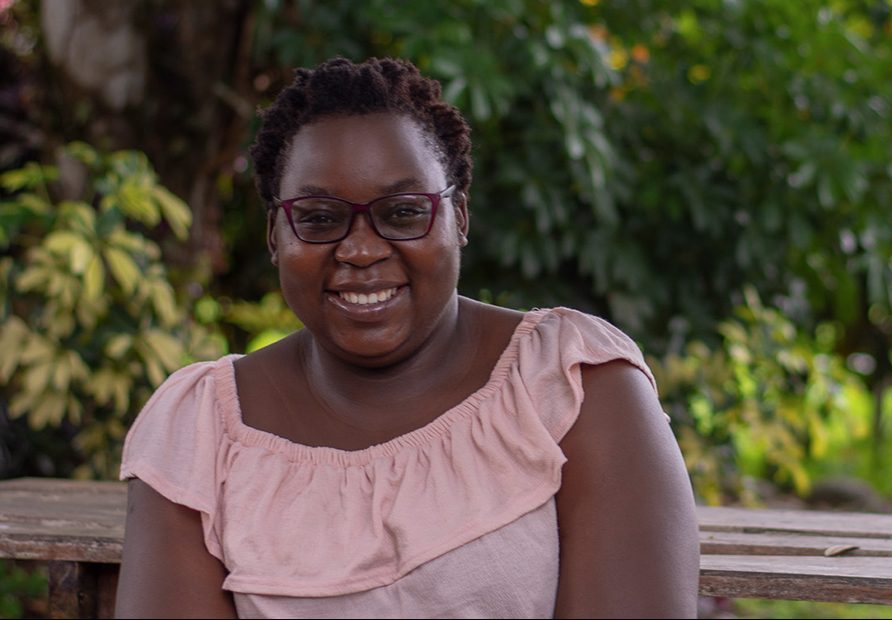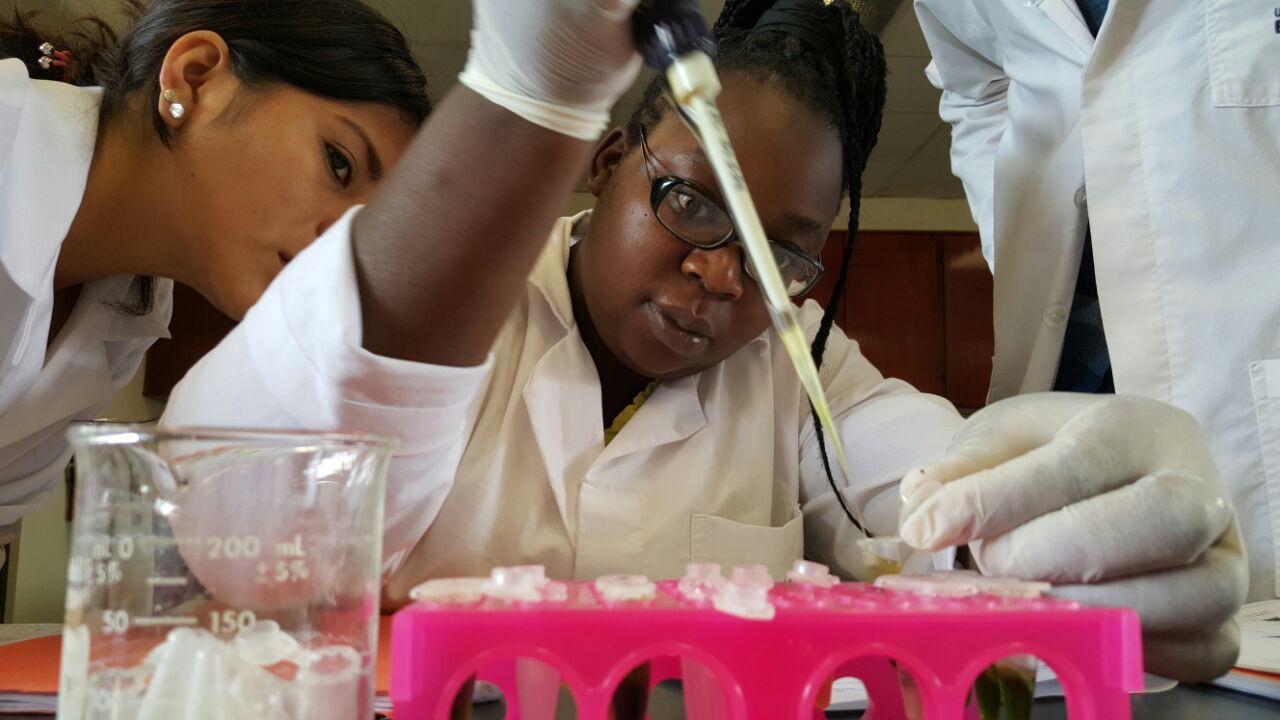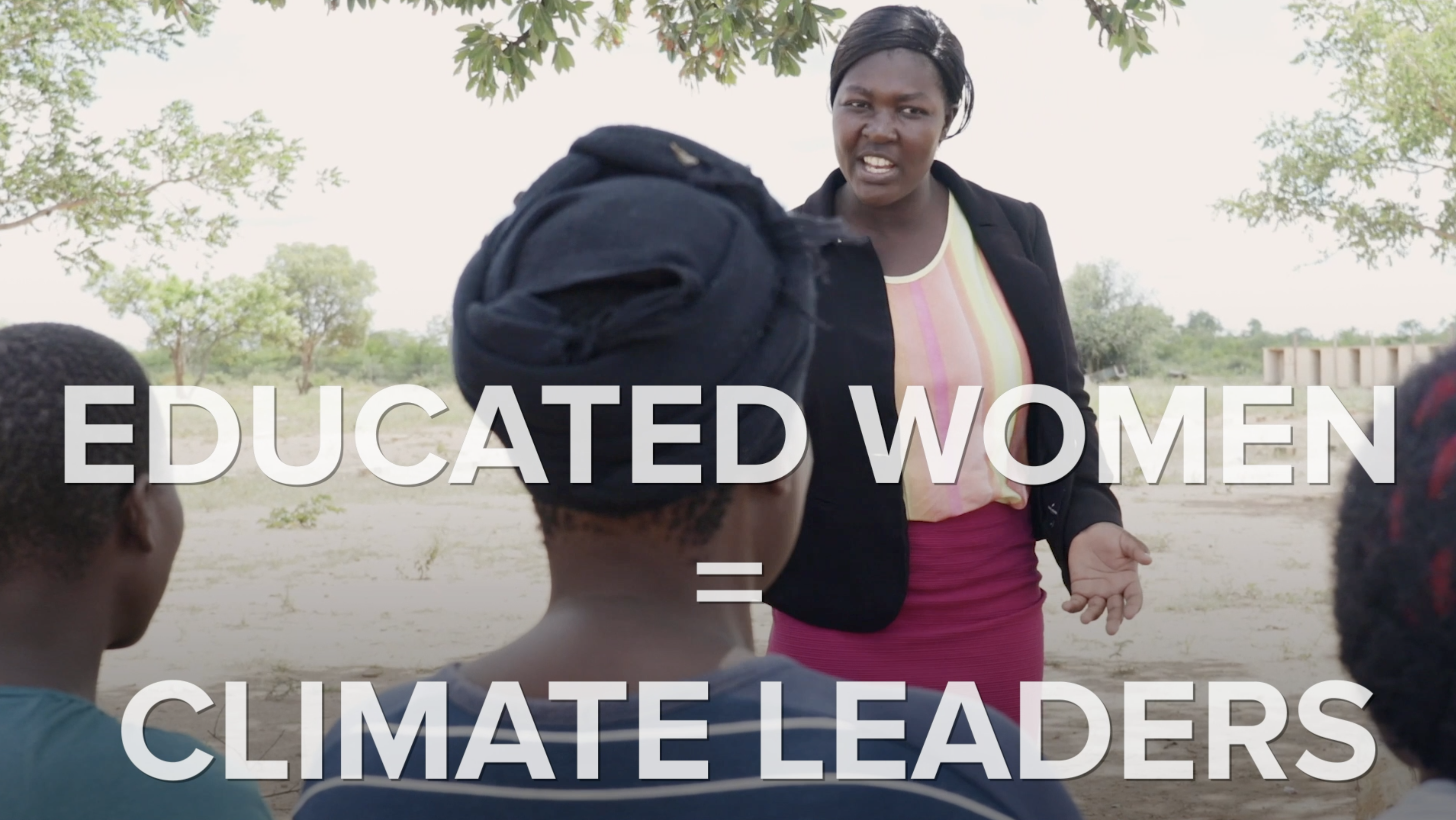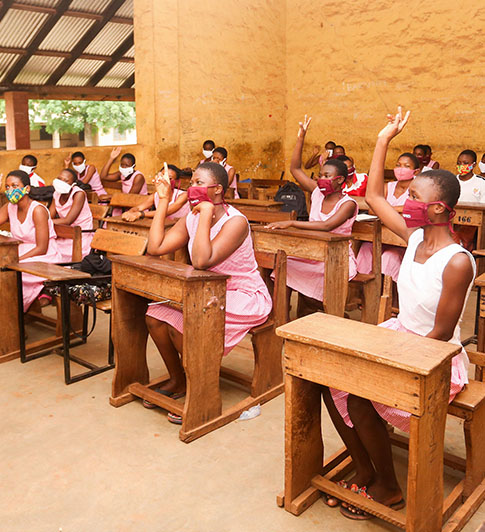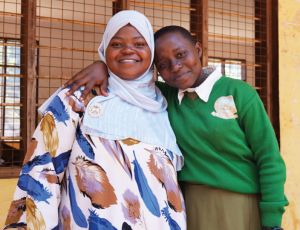Right now humans are cutting off the branch they are sitting on.
August 1, 2018 was Earth Overshoot Day, the day on which we no longer have resources to support us in this particular year, and whatever more we consume or exploit is at the expense of our planet. Replacing those resources will take more time than we have, since the population is continuously growing and resources are fewer each year. I have made it my mission to help reverse this trend to move the date back. I know how, because I am living proof that it all starts with girls’ education. Because I’m educated, I have a small, healthy family, and now I am bringing the knowledge and skills my community needs to cope with resource limitations and climate change.
I was born and raised in the rural district of Wedza in Zimbabwe, the last born in a family of six. My father used to work on the commercial farms as a mechanic. My mother also worked there as a general laborer. Both my parents only have a primary education, but always strived for us to get more training.
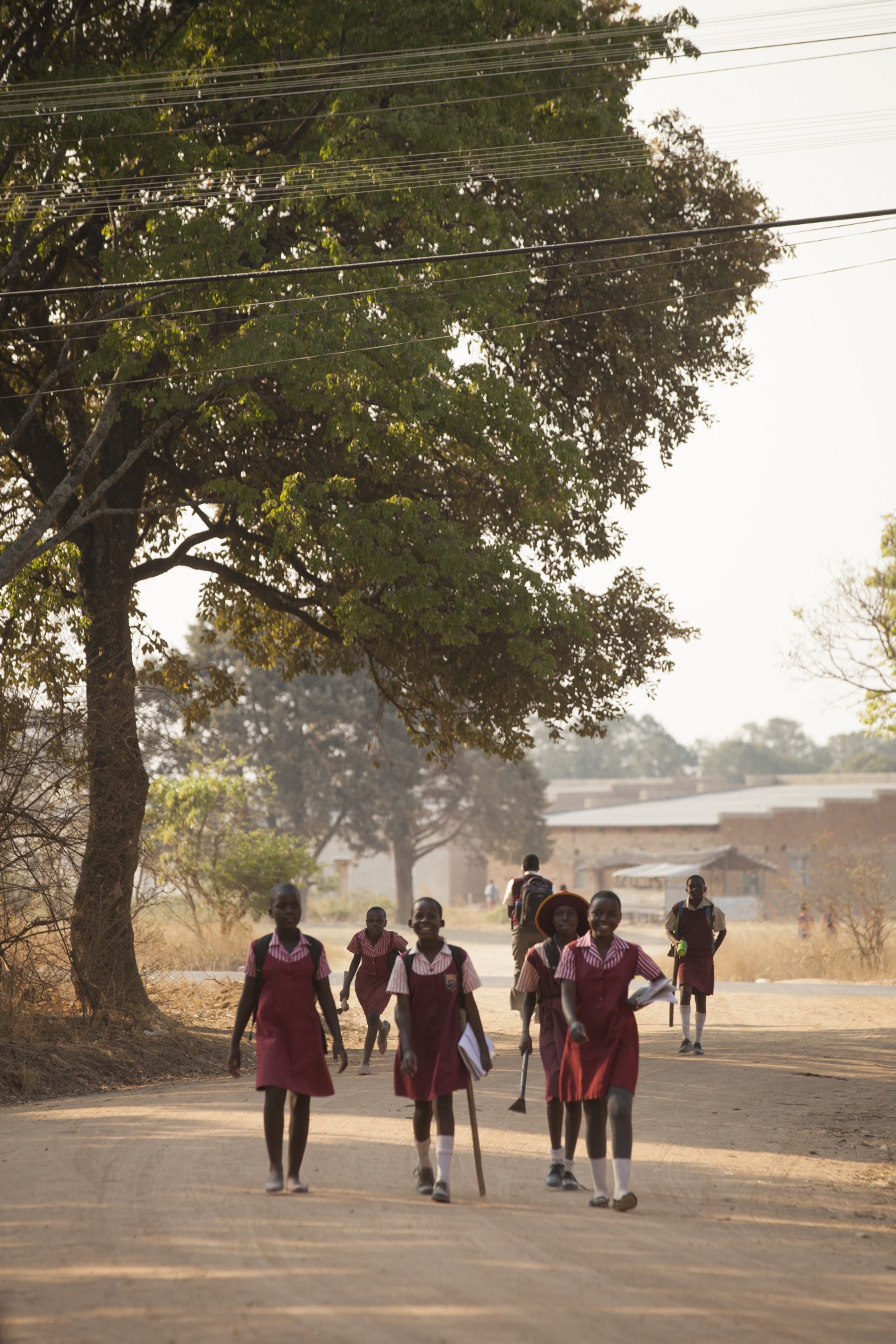
Girls on their way to school in my home district of Wedza in Zimbabwe. Photo: Jon Pilch/Camfed
I was a very good student, an over-achiever, but I had my hopes and dreams crushed when my father lost his job.
He and many others were left jobless and pension-less when the commercial farms were repossessed. Luckily he was allocated land in the process, although with few resources to use he could not provide for the family as much as he used to.
For a time I thought I would never achieve anything, and all hope was lost. In Zimbabwe you have to pay fees to go to secondary school — school fees and exam fees — and then there is the cost of a school uniform, exercise books, pens… my parents did not have the money to keep me in school.
So my four sisters all got married in the early stages of their lives. During that time, with family resources so limited, it was “normal” for a 15-year-old to get married, and many believed that the highest achievement of a woman is marriage. I wanted to get married too, but only when I knew I had a clear plan for my future. Yet when I was 13 that future looked bleak.
A year after my father lost his job, CAMFED came to my local school. My community saw it fit that I should not lose everything, and they helped by selecting me to be one of the recipients of the CAMFED bursary program. This was a chance for me to be educated, and I took it more seriously than ever. I was 14 years old, during my second year of secondary school, and CAMFED took me through until I graduated, from 2002 to 2006.
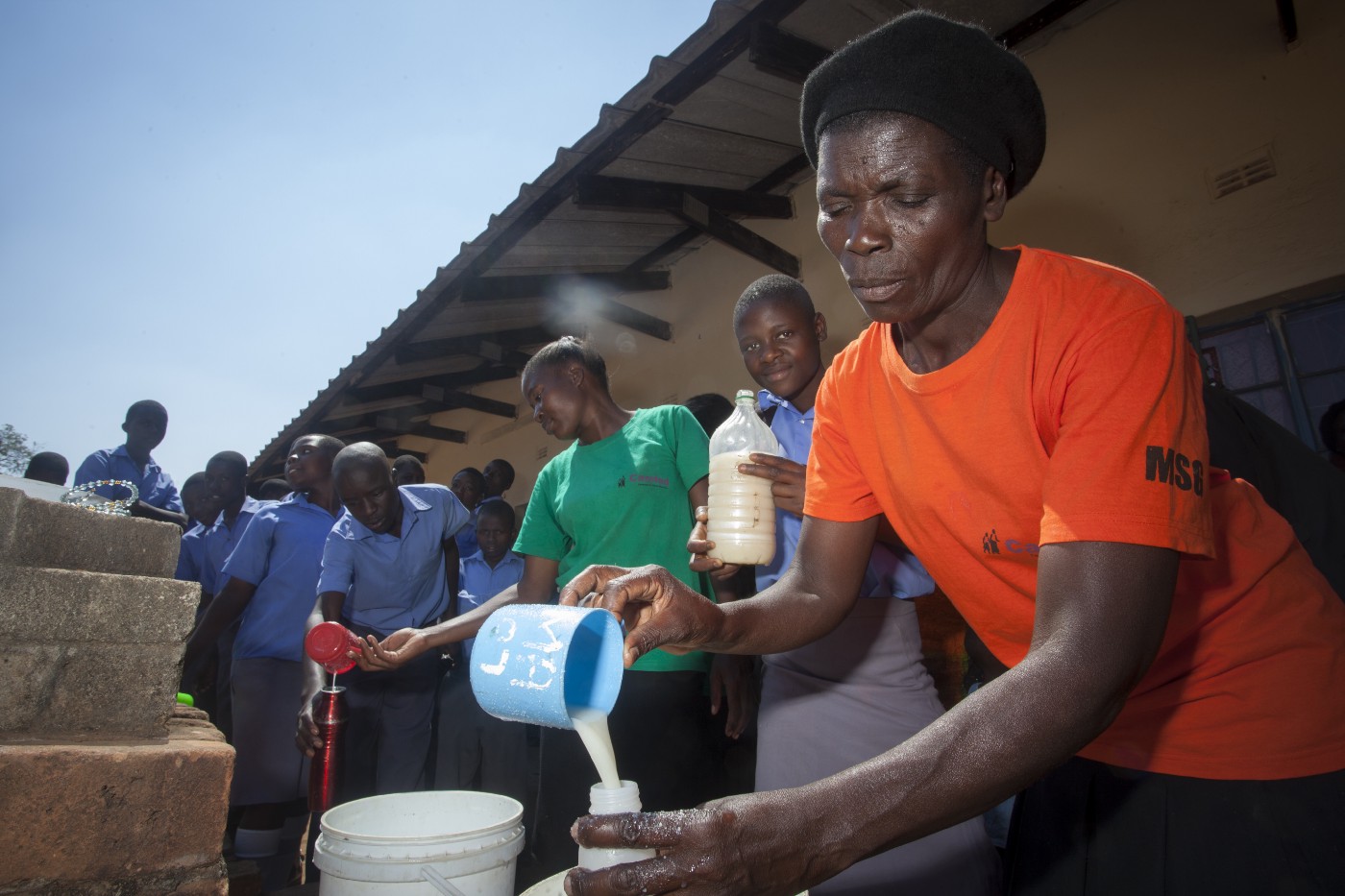
Mother Support Groups provide school meals and also psycho-social support to vulnerable students. Photo: Jon Pilch/Camfed
CAMFED not only provided for my education but they also made sure I had a safety net through the Mother Support Groups and the CAMFED Association, the network of women leaders educated with CAMFED support in my community. I got a bigger vision and committed to my dream to help the community become better. CAMFED did not let go of me upon completion of my high school. I joined the CAMFED Association and started volunteering in and for the association. Later I was selected to be part of the life skills training program. Through this program I also learned about the opportunity of studying abroad and CAMFED helped me to apply for a Mastercard Foundation scholarship to EARTH University to study Agricultural Science and Natural Resources Management.
When I started this journey, all I wanted was to share everything that I learn each day with people back home. So I decided to make a formal plan of how I will contribute to the community though empowerment and sustainable practices training. When people are well informed they make wise decisions in their lives and subsequently reduce the strain of climate change on the environment.
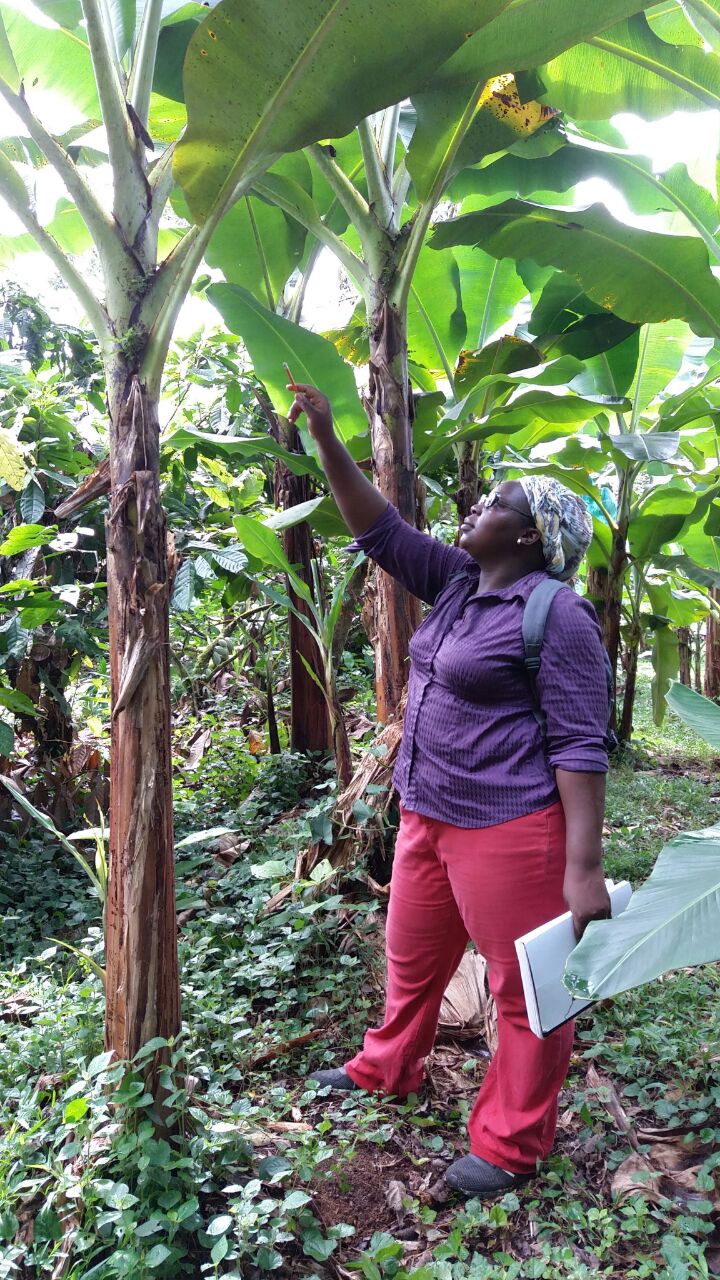
Me on an EARTH University field trip to evaluate the effect of Black Sigatoka in organic banana plantations.
Each day we are faced with changing weather patterns and we find ourselves with fewer and fewer harvests at the end of each farming season. The global phenomenon of the el Niño and La Niña have been affecting the farmers in ways that are extremely disturbing. In the 2016/2017 farming season there were serious floods, and during the previous year, a terrible drought affected our farmers, both resulting in lower harvests. That will change once the people are well informed and trained on the tactics to counter climate change, and how to practice agriculture that is climate smart.
I have also been very concerned about the issues of deforestation, and land contamination with plastics and all types of residues. This has led to the increase of greenhouse gas emissions, increasing the effects of climate change, when the majority can be reused as raw materials in other processes. What I am proposing will be a lifetime project that will invest in the reduction of deforestation and use of alternative energy, starting from the grassroots through the leadership of my fellow CAMFED Association members across the country. We all have to play our part, and with the CAMFED Association in every corner of the country, we can improve and reduce these effects faster and more effectively.
The core of the project will focus on the use of available resources in farming, and the closing of nutrient cycles. We will emphasize good use of animal and vegetable waste on the farms. We will encourage investment in solar water pumps and other equipment to help lessen the effects of drought during dry times. The water table in many areas is not very far from the surface, hence it will be easy to irrigate with manual pumps when the need arises. The climate smart techniques we want to invest in involve agroforestry farming, which is the inclusion of trees and seasonal crops in the same farm. While the trees hold the soil together and capture the greenhouse gases, normal agricultural production takes place alongside them. I will be focusing on training CAMFED Association members in these practices, since they are advocates of change who will engage their communities.
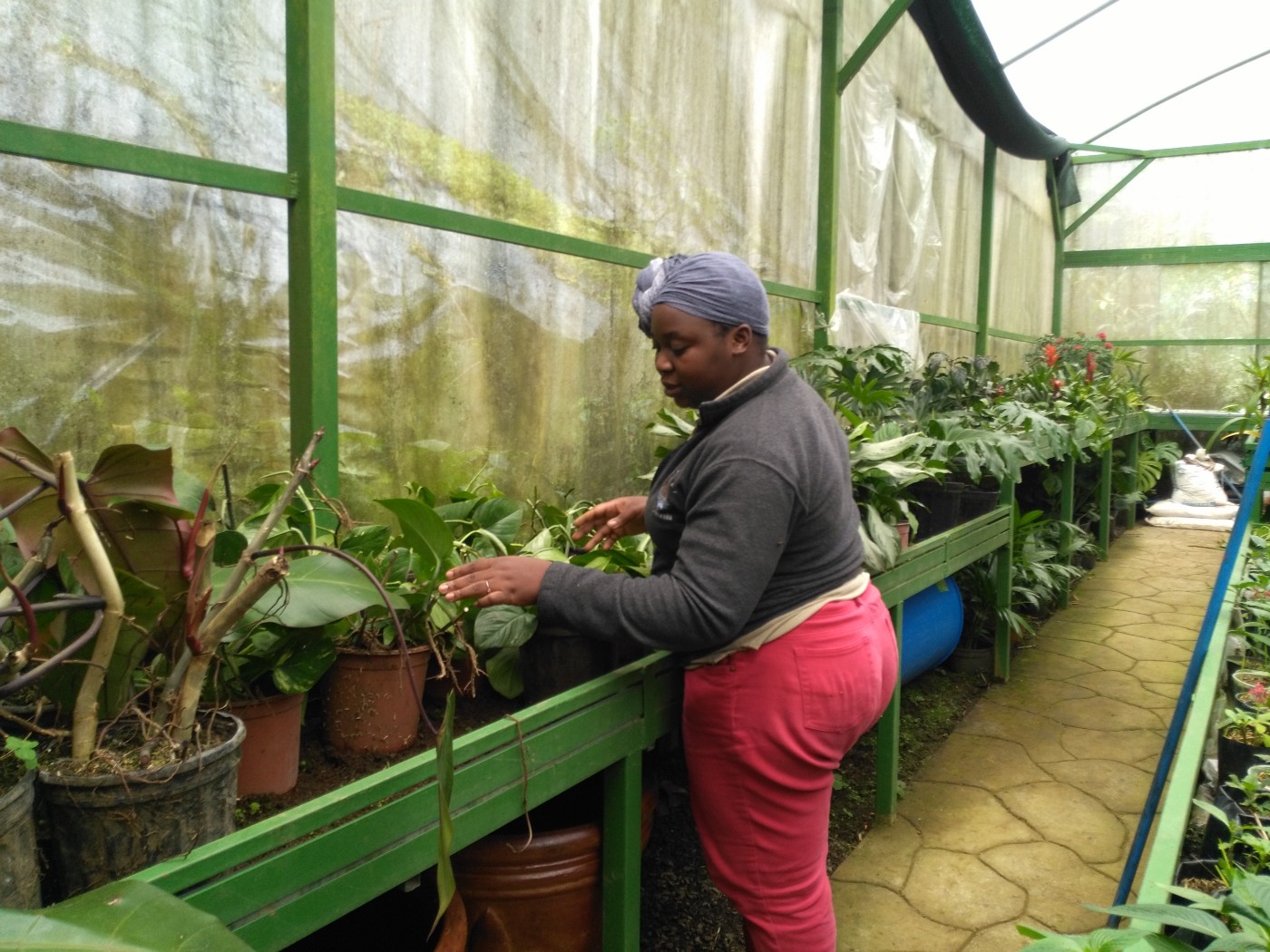
Me learning about controlled agriculture.
While at EARTH University, I did not lose contact with my people back home. I take time to send messages to my former secondary school and village to hopefully inspire other girls to work hard and help break the vicious cycle of poverty. I am determined to get back and give back to the community and country that helped me get to where I am today. During my vacations I visited communities in my district and beyond to motivate and share my story with other girls, so that they know and learn that it is possible to be who we want to be, even from disadvantaged and marginalized backgrounds.
All it takes is unleashing the willpower and potential in each and every one of us. Change happens when you have the skills and capacity to make it happen. I have come to an understanding that educated girls are far more clever, plan their lives in a better way, and have better chances of being happy than uneducated girls.
Having access to education gives girls and women more control over their lives. They tend to choose to have fewer children, reducing the pressure on the little resources available, and therefore reducing the effects of climate change. Having access to education also means these girls will be more open-minded to change, and will accept change faster, hence the implementation of measures on climate change will be easier and more accepted.
I do know, because I am living proof, that education is the center of all.
Esnath Divasoni is a leader in the CAMFED Association — a movement of young women changemakers across sub-Saharan Africa. If you believe in the power of girls’ education to change the world, like Esnath does, please join us today.
